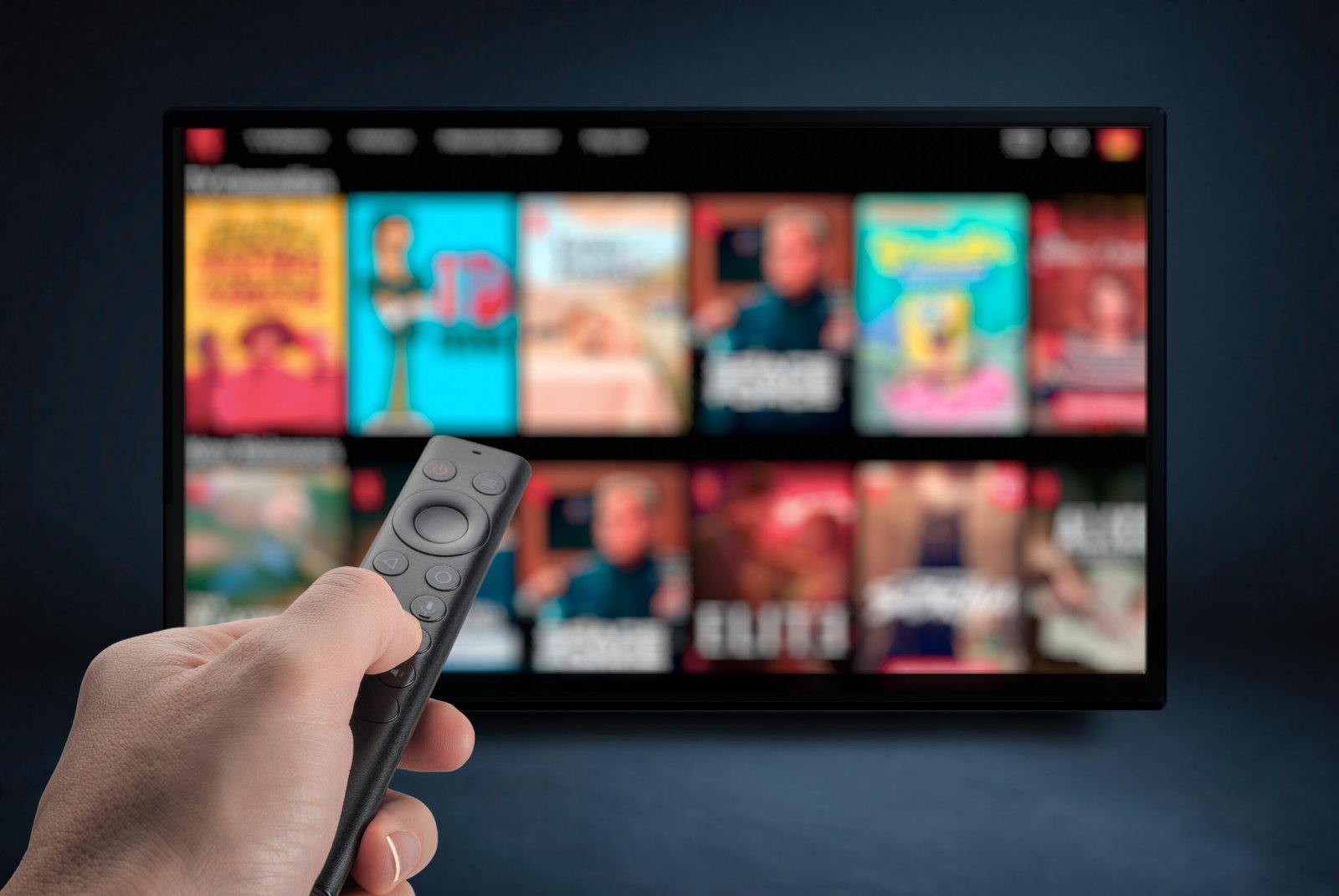Fiber vs. Cable: Which Internet Technology is Right for You?
In today’s digital world, a reliable and fast internet connection is no longer a luxury, it’s a necessity. But with two main options – fiber and cable – choosing the right internet service provider (ISP) can feel overwhelming. Let’s break down the key differences between fiber and cable internet to help you decide which technology is the perfect fit for your needs and budget.
Speed Demon vs. Steady Performer
Fiber optic internet utilizes thin glass or plastic fibers to transmit data using light signals. This translates to blazing-fast speeds, often reaching gigabit levels (up to 1000 Mbps). Cable internet, on the other hand, relies on traditional coaxial cables that carry electrical signals. While cable offers decent speeds (typically ranging from 10 Mbps to 200+ Mbps), it can’t compete with the raw power of fiber.
Rock-Solid vs. Prone to Fluctuations
Fiber optic cables are immune to electromagnetic interference, ensuring a consistent and reliable connection. This is especially beneficial for activities like online gaming, video conferencing, and large file transfers, where even a slight lag can be detrimental. Cable internet, however, can be susceptible to fluctuations in speed during peak usage times when your neighborhood experiences high traffic.
symmetrical speeds vs. Asymmetry
A hidden advantage of fiber optic internet is symmetrical speeds. This means your upload speeds are just as fast as your download speeds. This is ideal for content creators who upload large video files or gamers who participate in real-time online interactions. Cable internet typically offers asymmetrical speeds, with download speeds significantly faster than upload speeds.
Cost Consideration
Fiber optic internet generally comes with a higher price tag compared to cable. Installation can also be more complex. However, the consistent high speeds and reliability of fiber can be worth the investment for heavy internet users. Cable offers a more budget-friendly option, but keep in mind you might experience slower speeds during peak hours.
Availability
Fiber optic technology is still under development in some areas. Cable internet, due to its established infrastructure, is more widely available. Check with your local ISPs to see which services are offered in your area.
The Final Verdict
The best internet technology for you depends on your individual needs and budget.
-
Choose fiber optic internet if:
- Speed is your top priority.
- You need a reliable connection for activities like gaming or video conferencing.
- Symmetrical upload and download speeds are important to you.
-
Choose cable internet if:
- You have a budget in mind and prioritize affordability.
- Your internet usage is moderate and doesn’t require the top speeds.
- Fiber optic internet isn’t available in your area.
No matter your choice, do your research and compare plans offered by different ISPs to find the best value for your internet needs. Happy browsing!

Leave a Reply